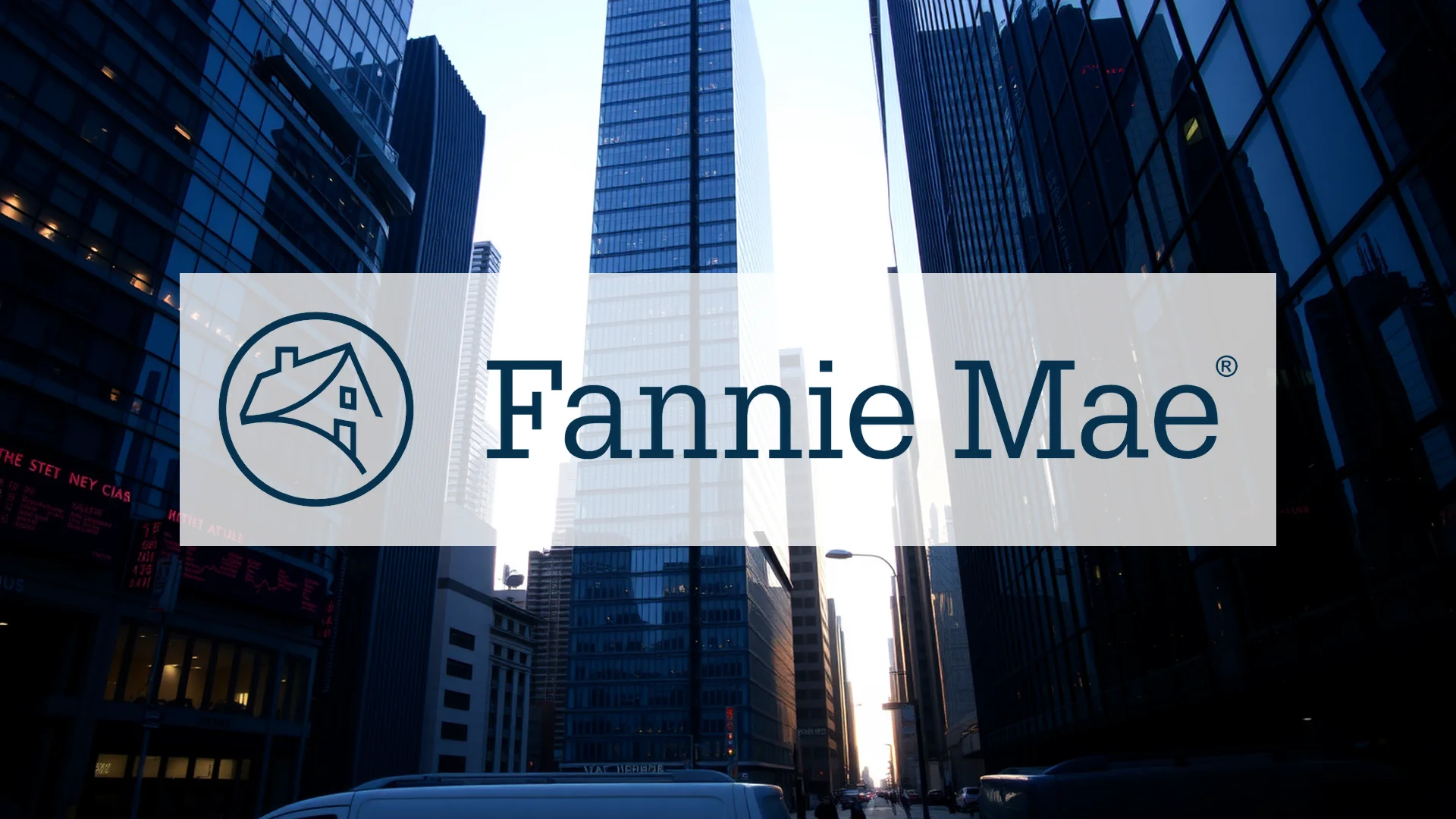A fierce public dispute between two prominent financial figures is creating significant uncertainty for mortgage giant Fannie Mae. The core of the debate revolves around the company’s path forward, pitting hedge fund manager Bill Ackman against economist Peter Schiff. Investors find themselves caught in the crossfire, questioning whether the long-awaited privatization will be a triumphant success or a disastrous misstep. Recent stock price volatility underscores the high-stakes nature of this conflict.
A Shifting Real Estate Landscape Adds Pressure
Beyond the boardroom battles, Fannie Mae’s fundamental business outlook is facing substantial headwinds. The company’s internal Economic and Strategic Research (ESR) Group has released a sobering forecast for the remainder of 2025, painting a bleak picture for its core operations.
Key downward revisions include:
* Slumping Sales Volume: Projections for total home sales have been significantly reduced to a range of 4.72 to 4.74 million units.
* Revised Estimates: This figure marks a notable drop from earlier forecasts, which had anticipated approximately 4.85 million units.
This downturn is largely attributed to the “lock-in effect,” where mortgage rates exceeding 6 percent are discouraging current homeowners from selling their properties. This trend directly pressures Fannie Mae’s fee revenue, creating a fundamental counterweight to the political speculation currently driving its share price. Consequently, the stock is trading almost purely as a political derivative, its value dictated by the struggle over its exit from government conservatorship rather than its earnings.
Ackman’s Strategic Pivot
Bill Ackman, the CEO of Pershing Square, has upended market expectations with a radical change in strategy. Instead of advocating for a swift Initial Public Offering (IPO) under a potential Trump administration, he is now actively urging the U.S. Treasury to postpone the IPO. He contends that a rushed move in the current environment is “not feasible” and doomed to fail.
Should investors sell immediately? Or is it worth buying Fannie Mae?
Ackman is proposing a more patient strategy designed to maximize long-term value:
* Immediate Relisting: He advocates for a return to the New York Stock Exchange (NYSE) to allow institutional investors to establish positions.
* Clarifying Ownership: The government should immediately exercise its warrants to acquire 79.9 percent of the company’s common stock.
* Definitive Debt Plan: A clear framework for the repayment of government-held preferred stock must be established.
This strategic shift has recently caused the share price to swing wildly between $9.50 and $11.50. Ackman’s long-game approach has left short-term speculators scrambling to adjust their positions.
Schiff’s Scathing Rebuttal: A “Sham” Privatization?
The response from economist Peter Schiff was swift and severe. He launched a broadside against Ackman’s proposal, labeling it a “carefully constructed deception.” His accusation carries significant weight: he calls the plan a “fake privatization.”
Schiff warns vehemently of the moral hazard involved. He argues that this strategy would privatize profits and distribute them to shareholders while the government continues to implicitly backstop the company’s debts—a return to the toxic pre-2008 model. He expressed particular alarm over the suggested capital requirements, noting that a thin cushion of just 2.5 percent would be completely wiped out by even a moderate decline in home prices.
Investors are now navigating turbulent waters, waiting to see which vision will prevail. Will Ackman’s “relist-and-wait” strategy gain traction and stabilize the share price around $11.38, or will Schiff’s warnings of renewed instability prove correct?
Ad
Fannie Mae Stock: Buy or Sell?! New Fannie Mae Analysis from February 7 delivers the answer:
The latest Fannie Mae figures speak for themselves: Urgent action needed for Fannie Mae investors. Is it worth buying or should you sell? Find out what to do now in the current free analysis from February 7.
Fannie Mae: Buy or sell? Read more here...










